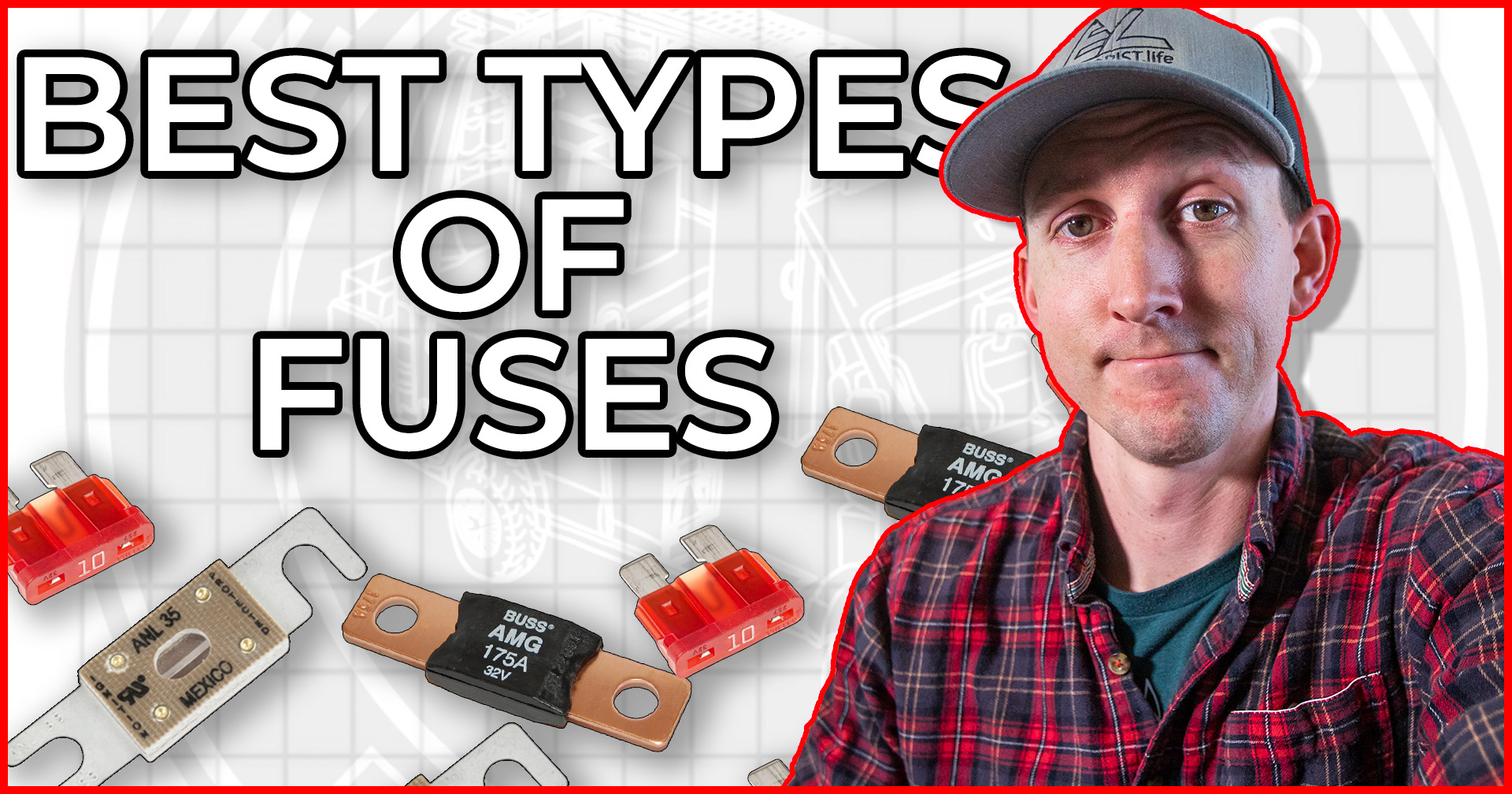Array Arc Welding 101
NO AC BREAKERS ON DC LINES!!!!
Enough said!!!!!
Be careful out there!!!! We want you all around long enough to share your next build with us. Be sure to watch till the end if you think that new 600VDC Schneider (or other brand) charge controller install you‘re doing is no big deal safety wise… we’re talking rubber gloves or rubber bag time kiddies, the choice is up to you.
Jen
(Warning: minor cussing in video below, play accordingly if you have kids in the room).
NO AC BREAKERS ON DC LINES!!!!
Enough said!!!!!
Be careful out there!!!! We want you all around long enough to share your next build with us. Be sure to watch till the end if you think that new 600VDC Schneider (or other brand) charge controller install you‘re doing is no big deal safety wise… we’re talking rubber gloves or rubber bag time kiddies, the choice is up to you.
Jen
(Warning: minor cussing in video below, play accordingly if you have kids in the room).
Last edited:



